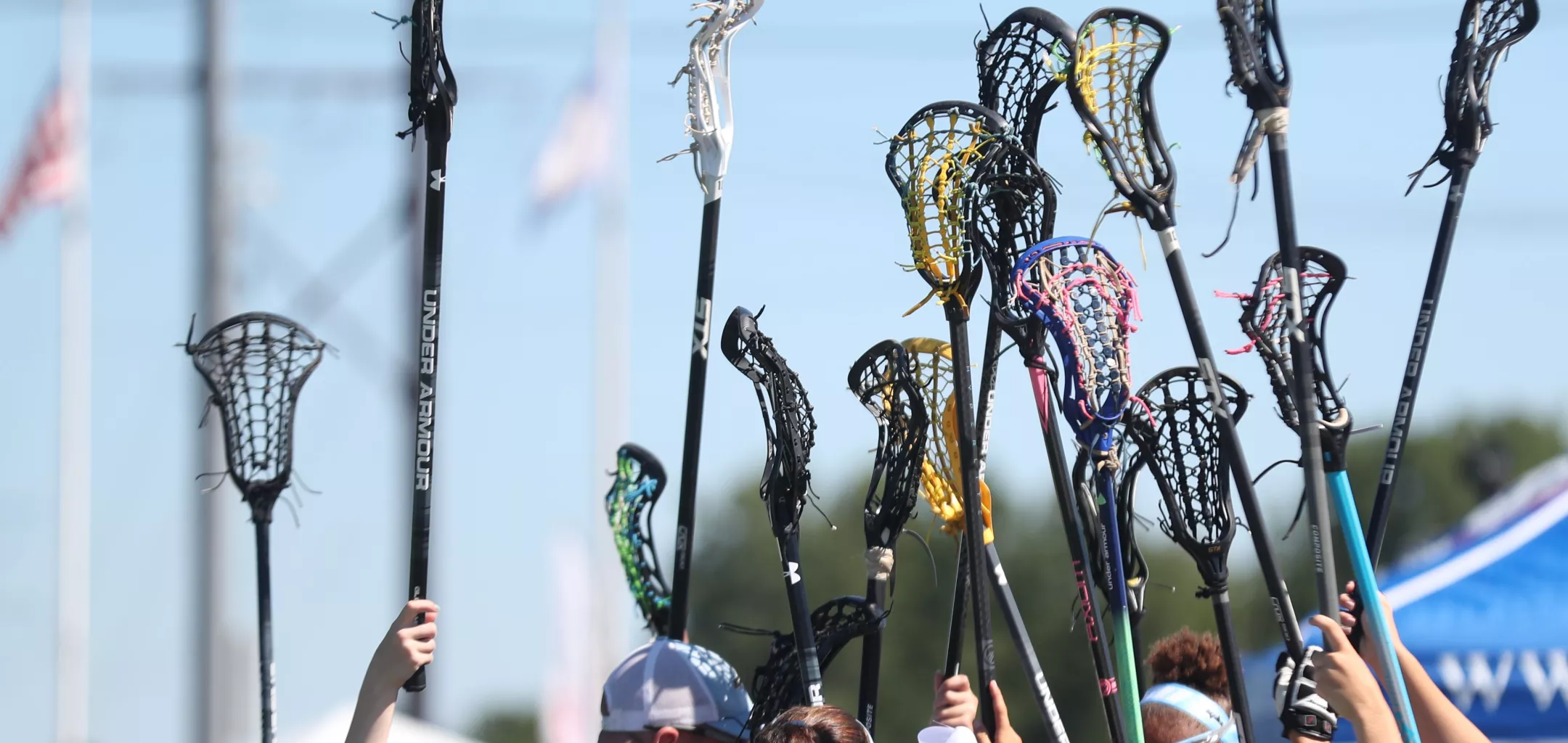Concussion: A Student-Athlete's Perspective
2 Mins


As a lacrosse student athlete at a Division 1 university, I have experienced the constant stress and active lifestyle needed to be competent in everyday activities and perform at a high level in college athletics. Many of our days begin at the crack of dawn and don't end until past a normal bedtime. Trying to find a balance between your duties, not only as a student and athlete, but also as a friend, partner, or someone's child can be challenging. However, trying to find this balance with a brain injury becomes nearly impossible.
When I received my first sport-related concussion diagnosis, I had just traveled home from a Sunday game and had a week of school ahead of me. Immediately, my trainers did concussion testing to diagnose me, and worked to get proper documentation of the injury. Consequently, I was pulled from athletic activities for at least a week and was directed to manage my symptoms. I had a doctor's note to miss class for the first two days but was required to start attending classes on Wednesday. I missed Monday and Tuesday and was required to make up any assignments done in class during those days and stay up to date on my homework assignments.
So in-between throwing up and lying in a dark room, I had to use a computer and attempt to get my brain to work properly. I couldn't read from my computer and saw dark spots whenever I tried to type. When I was forced to go back to class because my doctor's note didn't cover the rest of the week, I was unable to participate and listen to what was going on because of the excruciating headaches. After that week, I received zero credit for assignments I couldn't finish and bad grades on the assignments I did finish but was not offered any extra credit or makeup for those assignments. Not only was I miserable for about two weeks due to brain injury symptoms and pain, I became miserable following those two weeks trying to catch up in school and produce better grades in my classes.
During the two-week time period after receiving my diagnosis, I was not required to go to practice because being outside was too bright and too loud. My coaches allowed me to return at my own pace. The discrepancy between how medical professionals in the sports world treat a concussion and how academic professionals treat a concussion is discouraging. Schools need to be better equipped with research and practices to more effectively support students who experience a brain injury. Brain injuries can be extremely debilitating, they are not something someone chooses or has control over. Therefore, schools need to learn how to provide accommodations for students who experience a brain injury just as the sports world has learned to do.

